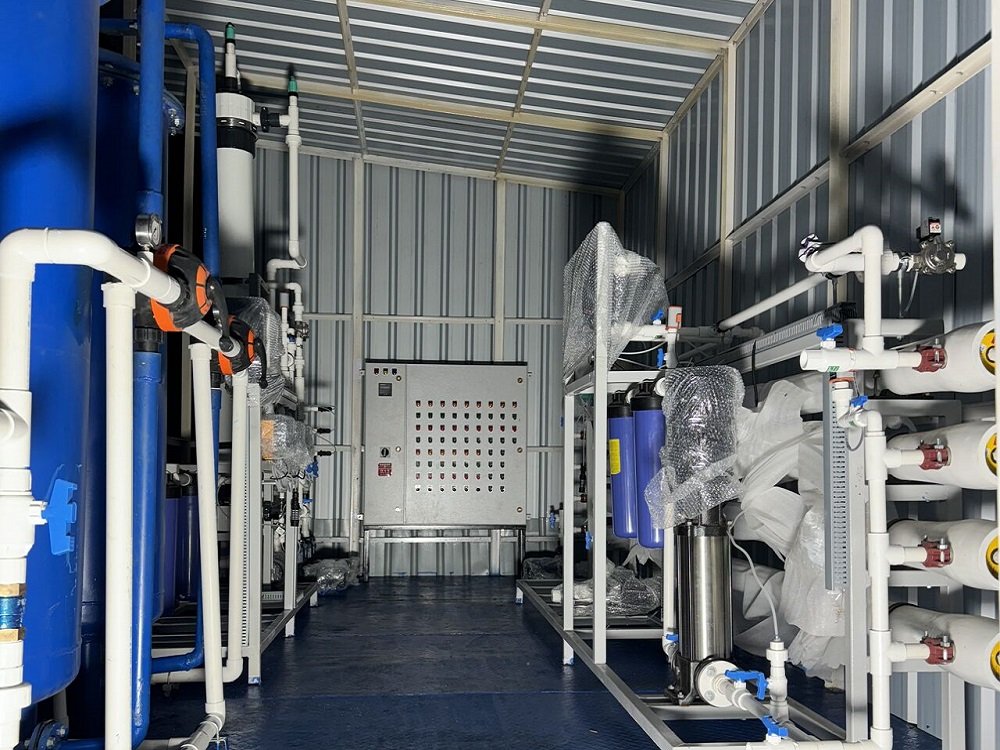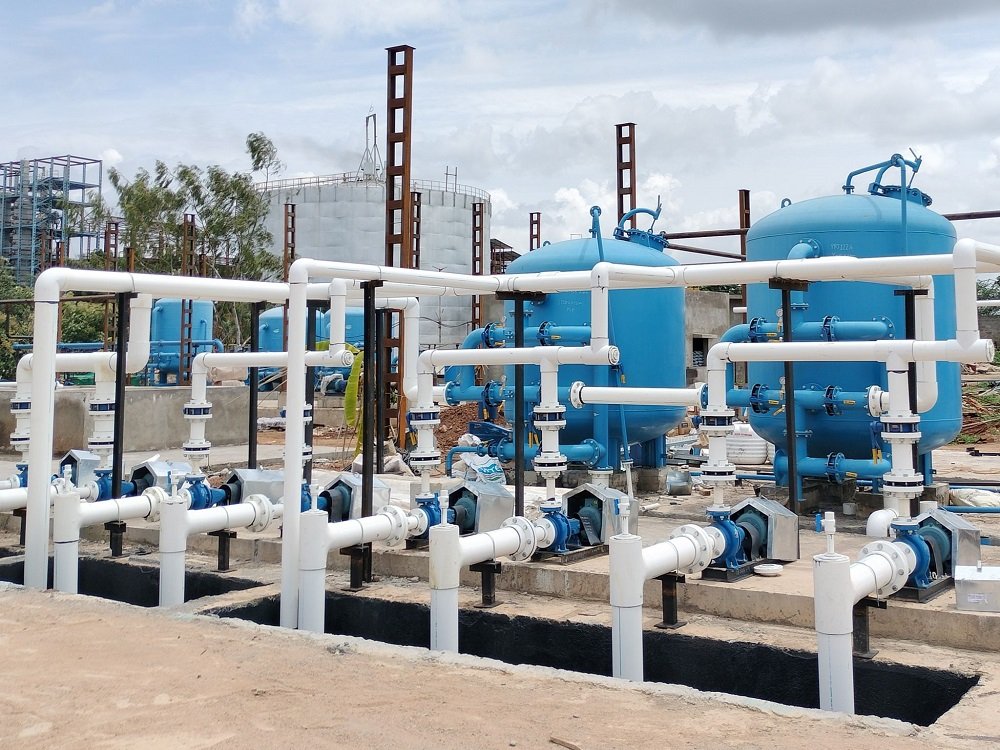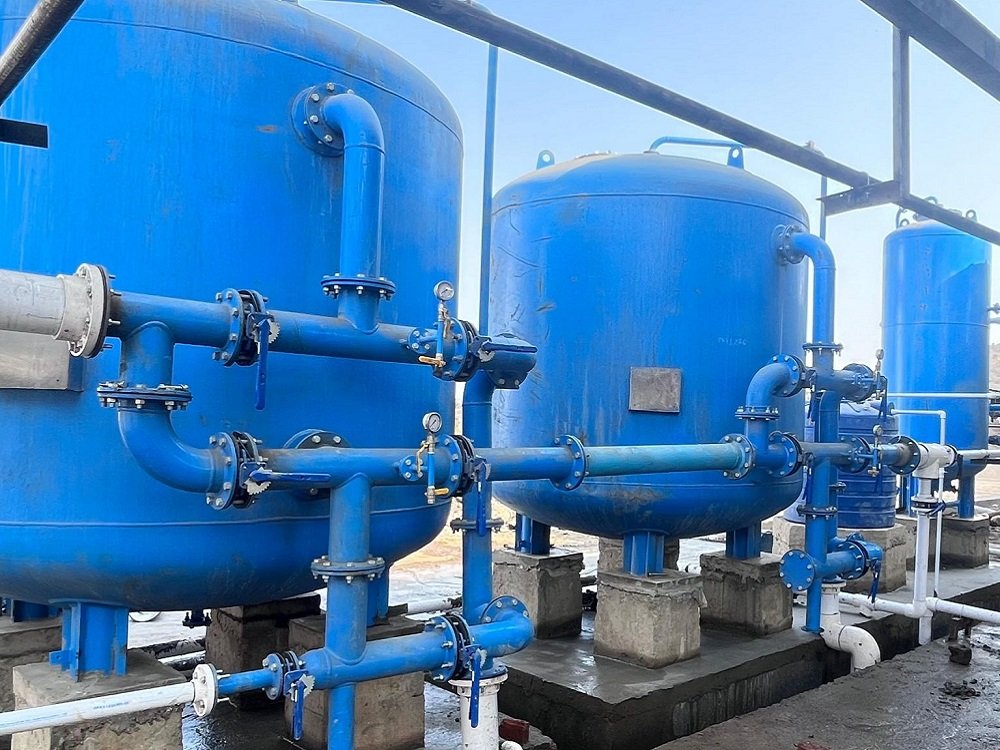Water Softening Plant
Request Quotation
We can’t wait to get to know you better!
A water softening plant is a system designed to remove hard water minerals, such as calcium and magnesium ions, from water. Hard water can cause various issues, including reduced appliance efficiency, scale buildup, and soap scum formation. The purpose of a water softening plant is to eliminate these minerals and make the water “soft,” improving its quality and extending the lifespan of appliances.
The water softening process typically uses an ion-exchange resin that attracts and removes the hard water ions. The resin is housed in a tank, and as water flows through it, the resin exchanges calcium and magnesium ions for sodium ions. Once the resin becomes saturated with hard water ions, it must be regenerated by flushing it with a saltwater solution to restore its ion-exchange capacity.
Water softening plants come in a range of sizes and configurations to suit various applications. They are used in residential, commercial, and industrial settings, with the size of the plant determined by factors such as water flow rate, hardness level, and desired softening capacity.
These plants are commonly constructed from materials such as mild steel (MS), stainless steel (SS), and fiber-reinforced plastic (FRP). The choice of material depends on the specific application, operating conditions, and budget considerations.
In summary, a water softening plant is an essential system that removes hard water minerals through ion-exchange resin technology. These plants are available in different sizes and configurations, making them suitable for residential, commercial, and industrial use. Key factors in selecting the right plant include water flow rate, hardness level, and softening capacity requirements.
Our Clients











Projects Delivered
Cities
%
Satisfaction
%




